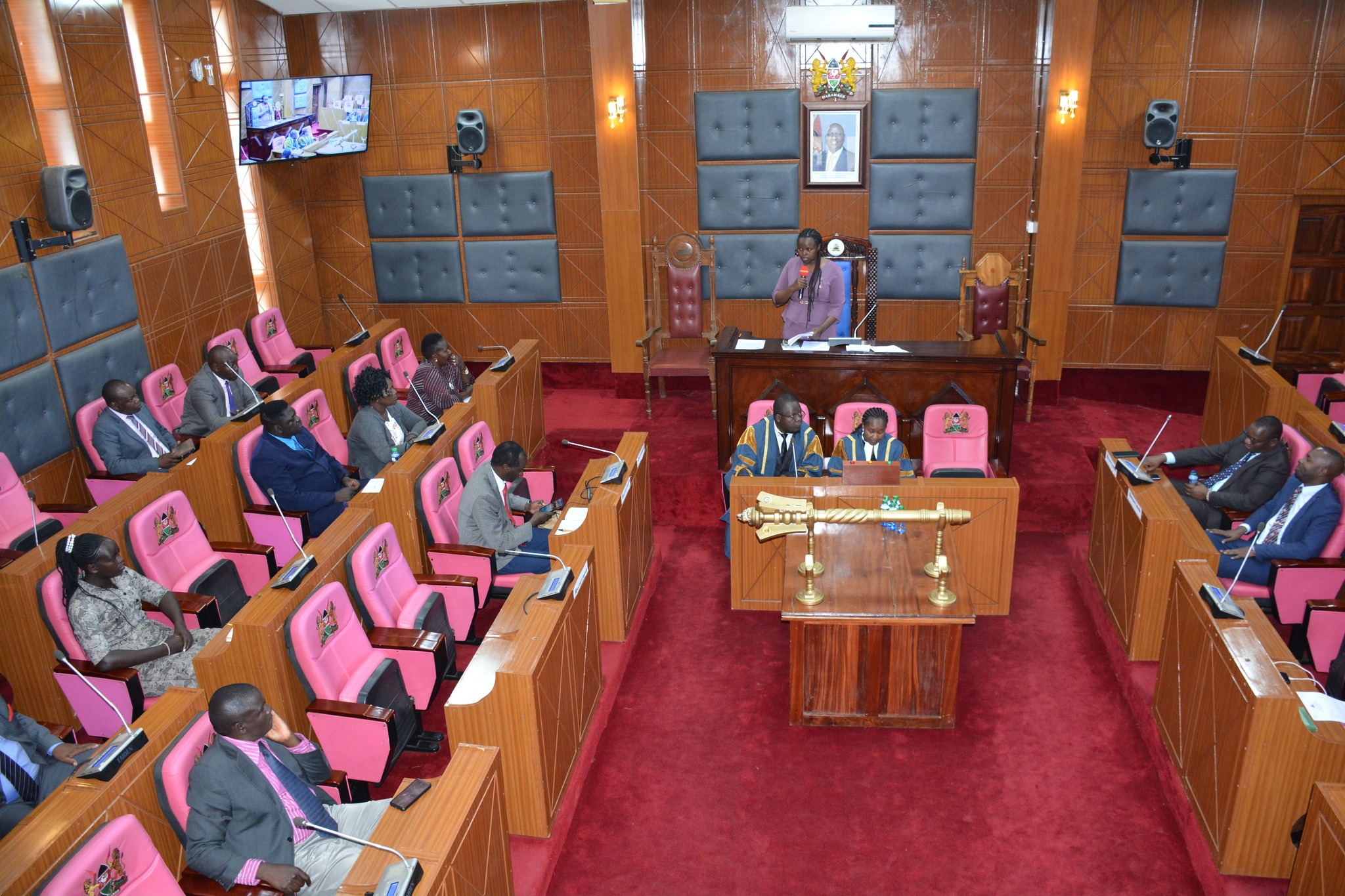The County Government of Uasin Gishu has distributed high-quality pasture seeds to farmers in Moiben Sub-County.
The initiative, part of the Financing Locally-Led Climate Action (FLLOCA) Programme, aims to empower communities to adapt to changing climate conditions while ensuring food security.
A distribution event took place at the Moiben Sub-County offices on July 2, 2025, where representatives from four cooperative societies—Ngokim FCS, Mumetet FCS, Moiben FCS, and Taachmoi FCS—gathered to seize the opportunity to improve livestock productivity and enhance their livelihoods.

The initiative aligns with the Governor Jonathan Bii Chelilim’s overarching strategy to promote sustainable agricultural practices and support local farmers facing the realities of climate change.
Ward Administrator Herbert Tanui, alongside FLLoCA Coordinator Abigael Kibet, praised the project’s interventions in the Sub-County.
Importance of high-quality pasture seeds
They encouraged farmers to plant, protect, and utilize the pasture effectively to boost livestock productivity.
“Once you achieve a substantial harvest, consider developing a proposal to acquire equipment for value addition. This will enable you to process, package, and sell animal feeds, ultimately enhancing your income and livelihood,” Kibet advised.
In addition, Bill Matelong, the Climate Change Unit Officer for Moiben Sub-County, stressed the importance of effective pasture management in mitigating and adapting to climate change.

He further highlighted that improved pasture quality would enhance milk production, enabling farmers to capitalize on the county’s “Maziwa ni School Fees” initiative by linking their increased milk sales to educational support.
The premium pasture seeds distributed are expected to significantly improve both the quality and quantity of feed available for livestock, leading to enhanced milk and meat production.
By boosting livestock health and productivity, the program is crucial for strengthening food security in the region and increasing farmers’ incomes.












